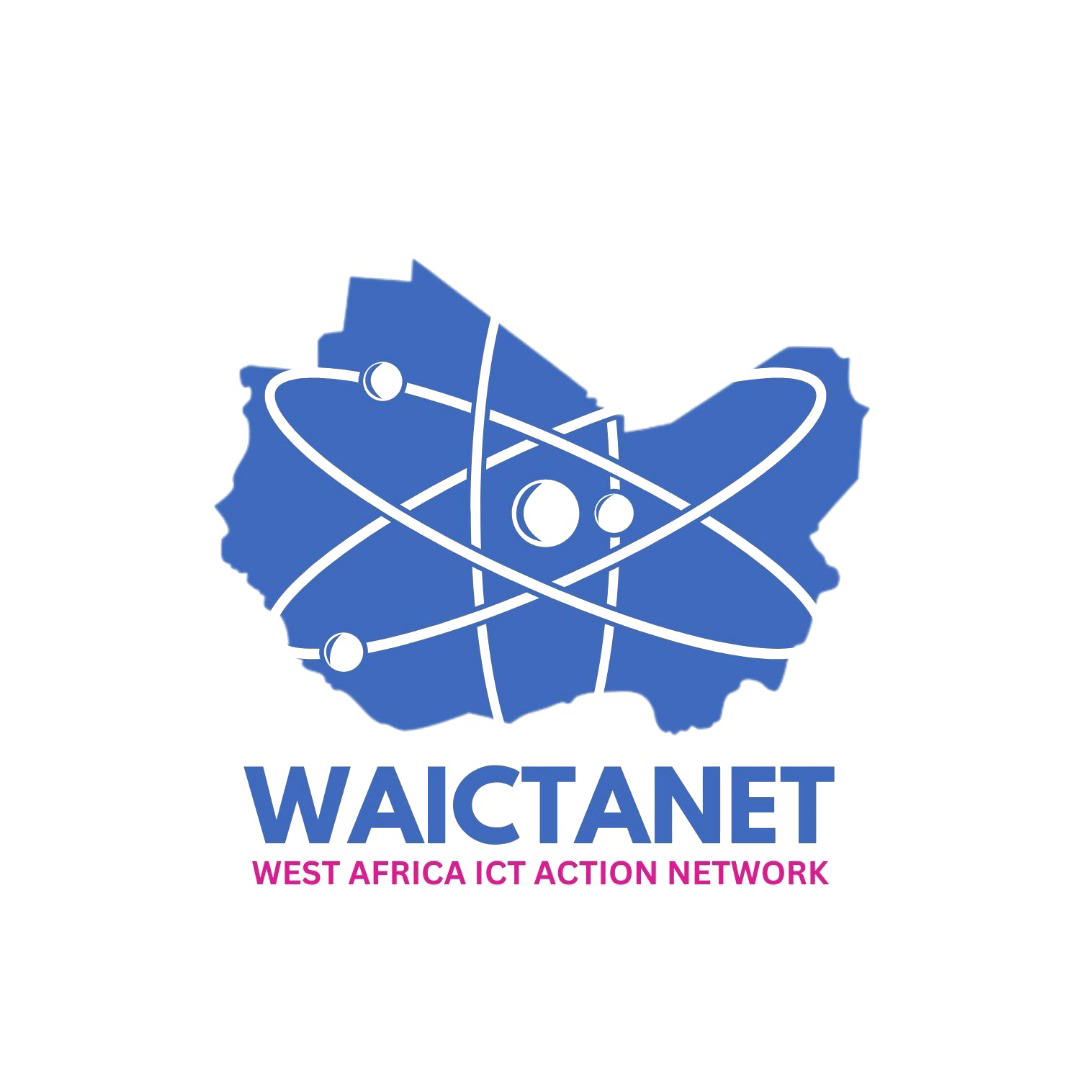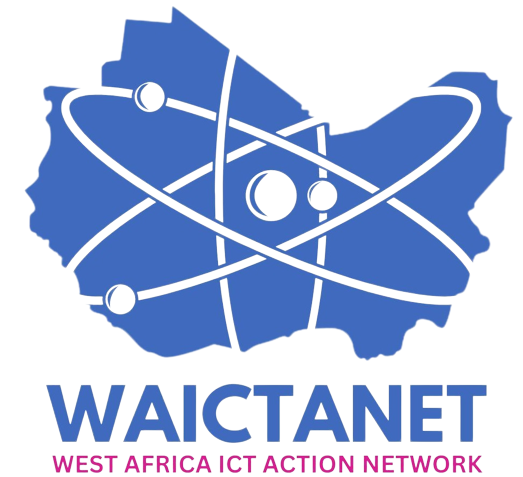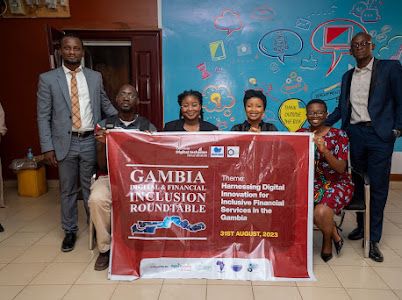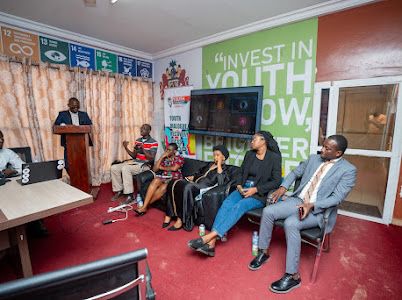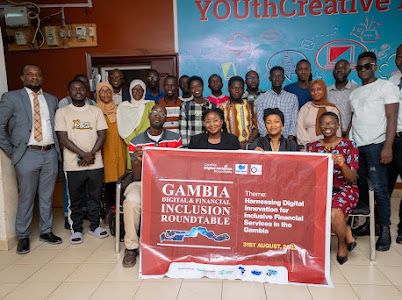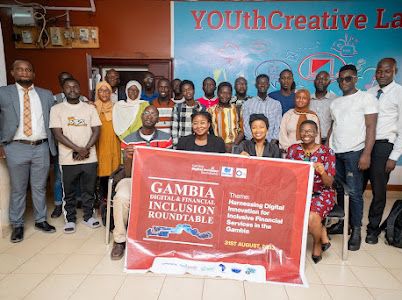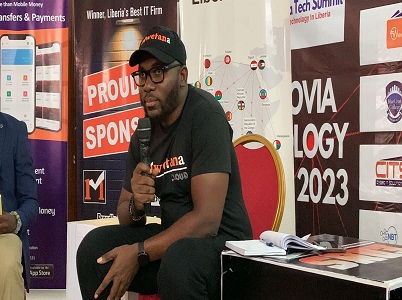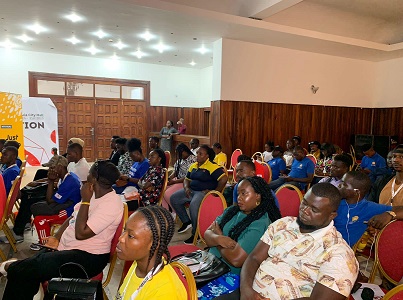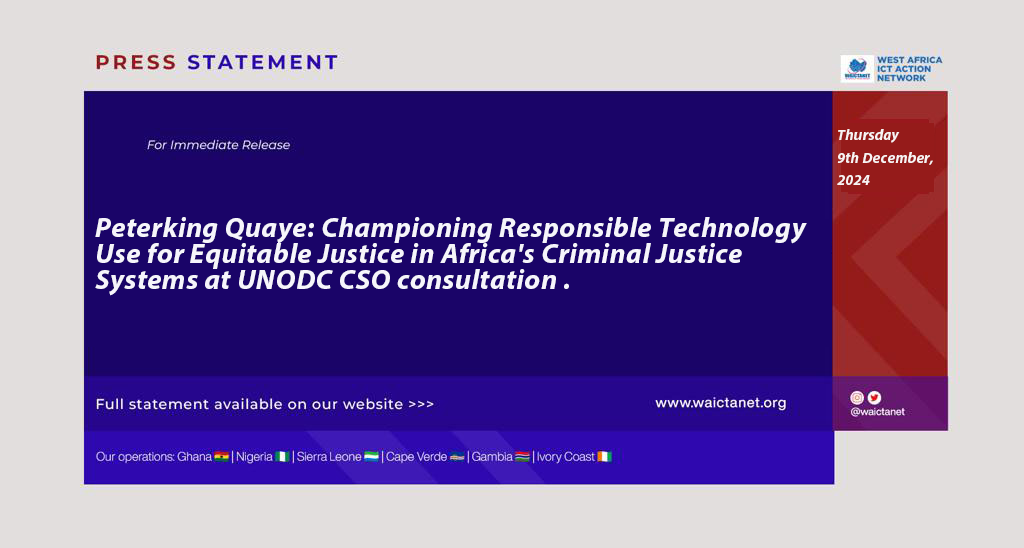Peterking Quaye: Championing Responsible Technology Use for Equitable Justice in Africa’s Criminal Justice Systems at UNODC CSO consultation .
As technology continues to reshape the world, its role in the criminal justice system is increasingly undeniable. However, in regions like West Africa, where access to justice is often limited, the integration of digital tools requires careful thought and responsibility. At the UNODC CSO consultation of Expert Group Meeting on Equal Access to Justice for All, on 9th December ,2024 , the virtual event , saw Peterking Quaye, Executive Director of the West Africa ICT Action Network (WAICTANet) and a recognized thought leader in ICT, shared his visionary insights on how technology can serve as a force for good, especially within Africa, Liberia, and the Mano River Union (MRU) region.
Peterking Quaye opened his address by highlighting a crucial barrier to justice in Africa: the digital divide. In many rural and underserved areas, limited access to technology and digital literacy prevents marginalized communities from engaging with legal tools and services. “Technology has the power to level the playing field,” Quaye stated, emphasizing that bridging this divide is vital for ensuring justice for all. He proposed practical solutions, including the expansion of community-based digital hubs, where people in low-income areas can access online legal services and information.
Furthermore, Quaye stressed the importance of mobile platforms that cater specifically to African contexts, helping even those in remote villages to access legal information. In Liberia and the MRU region, where digital skills are often scarce, he urged for the implementation of digital literacy programs that would equip citizens and legal professionals alike with the tools to navigate the digital landscape.
“We must prioritize digital literacy to empower everyone to access the tools necessary for navigating their legal rights and responsibilities,” Quaye said, underscoring the importance of building capacity within communities. Quaye’s message emphasized that the design of digital tools in the criminal justice system must be inclusive and participatory. Technology should not be developed in isolation but should involve the active input of marginalized communities who are most affected by these innovations. “The people who face the greatest injustices should be the ones shaping the technology that impacts their lives,” Quaye asserted. By involving these communities in the development process, technology can be tailored to their specific needs, ensuring it is both culturally relevant and effective.
In Africa, especially in Liberia and the MRU region, where social inequalities persist, Quaye called for a collaborative approach between governments, civil society, and the private sector to create digital tools that are accessible to all. Such partnerships, he argued, would help to create a justice system that is both digitally advanced and deeply rooted in local realities. Another key area of concern addressed by Quaye was the use of advanced technologies by law enforcement, particularly in surveillance and data collection. While these technologies can enhance efficiency in criminal justice systems, Quaye stressed the need for strong oversight mechanisms to prevent abuse and ensure that citizens’ rights are protected. “We must hold law enforcement accountable for how technology is used in the justice system,” Quaye warned, highlighting the necessity of real-time surveillance systems and independent bodies to monitor police use of technology. External committees, composed of civil society, legal experts, and community representatives, should be tasked with overseeing the deployment of such tools, ensuring compliance with privacy standards and protecting civil liberties.
Quaye also raised the critical issue of data protection. As the criminal justice system increasingly relies on technology, it becomes crucial to ensure that sensitive personal information is safeguarded against unauthorized access and breaches. He advocated for clear data protection laws, encrypted data storage, and individual consent protocols, allowing citizens to control how their data is collected and used. “The collection and use of personal data must always be balanced with stringent protections to preserve privacy and prevent misuse,” Quaye emphasized.
Peterking Quaye’s powerful speech painted a compelling vision for the future of Africa’s criminal justice systems—one that harnesses the power of technology while ensuring that justice remains accessible, fair, and accountable. He called for equitable access, inclusive design, strong oversight, and data protection to be at the core of every digital intervention.
“The future of justice in Africa is digital, but it must be digital in a way that respects the rights of every citizen,” Quaye concluded. His call to action was clear technology must serve as a tool for empowerment, not exclusion, ensuring that every individual—regardless of income, location, or background—has an equal opportunity to access justice.
Through his leadership at WAICTANet, Quaye continues to push for a criminal justice system that embraces digital innovation while remaining grounded in the principles of equity, accountability, and human rights. His thought-provoking insights offer a roadmap for how Africa—and the MRU region—can build a future where technology and justice go hand in hand.
